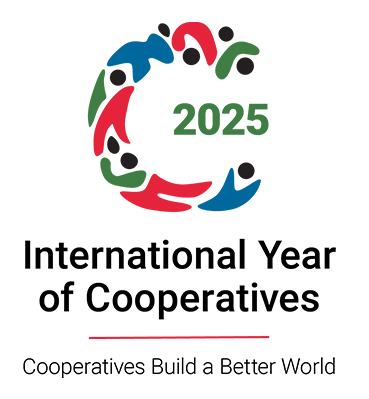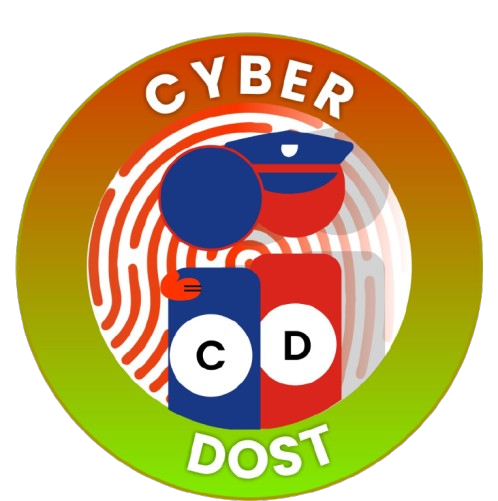(Deworming day 10th Feb 2017, August 2017 )
Background:
- Soil Transmitted Helminthes (STH): affects 1/3rd of the world’s population
- Untreated, the infection is long-term and chronic
- STH Negatively affects: health, nutrition, cognitive development, learning and school attendance.
- WHO estimates that India has the highest burden of STH in the world with 600 Million children estimated to be at risk of STH
- Almost 7 out of 10 children b/w 6 months to 5 years are anemic
- Delhi has moderate STH prevalence of 28%.
Govt. of India Policy on the STH:
- GOI Launched National Mass Deworming Programme under National Health Mission in Feb 2015 on a fixed day approach across all States and Union Territories
Objectives:
Deworm all children (boys and girls) aged 1-19 years (enrolled and non-enrolled) at schools and anganwadi centre’s for improved child health, nutritional status, access to education, and quality of life.
As a National Policy, all target population are administered a single dose of Albendazole (400 mg) chewable tablet (supplied by WHO/GOI) simultaneously on the same day i.e. 10.2.17 (National Deworming Day). Those left out on National Deworming Day will be administered medicine on 15.02.17 (Mop Up Day). Dose is half tablet for children < 2 years and full tablet for >= 2 years.
- In moderate - high STH prevalence states like Delhi the Deworming is done biannually whereas in moderate and low STH prevalence states it is done once annually.
Benefits Of Annual Mass Deworming:
- School & Anganwadi based Annual Mass De-worming is a simple, safe and cost-effective solution to improve the health and education of millions of children.
- ·Execution of the programme at mass scale is possible by leveraging the existing educational infrastructure and training teachers to deliver De- worming medication.
- Deworming targets one of the most common, long-term Soil Transmitted Helminthes (STH) infections of children
- Deworming improves health outcomes- well being, reduces risk of stunting/ anemia, improves nutrition, height & weight
- Deworming contributes to Education for All- Improves Learning ability, Cognitive functions, and school attendance
- Deworming in schools reduces total burden of STH by 70% in the community - benefitting the untreated.
Execution of Programme in Delhi:
- Delhi has been implementing the programme for school going children through School Health Schemes of GNCTD, MCDs, NDMC and Cantonment Board and for Preschool and out of school children through Anganwadis.
- The programme was executed in Delhi much before National Programme in Feb 2012 (27.1 lakhs children reached), Oct 2013 (23.82 lakhs children reached), April 2015 (29 lakhs children reached out of target of 35.59 lakhs) and Feb 2016 (30.56 lakhs children reached out of 43 lakh)
National Deworming Programmme in the current year (2017) in Delhi:
- Delhi shall be implementing 5th round this year on 09.02.17 (10.2.17 being a RH) with Mop up day for left out children on 15.2.17.
- This is collaborative programme of Delhi Government involving the School Health Scheme (DGHS), Directorate of Family Welfare, Directorate of Education, Department of Woman and Child Development, the 3 MCDs (Education & Health) North, East & South, NDMC (Education & Health) and Cantonment Board schools.
- Earlier the students of only Govt. & Govt. aided schools were covered. This year on advice of Hon’ble Health Minister, Pvt. Schools (on their consent) shall also be covered.
- Target: It is expected to cover 27.37 lakhs children of Delhi Govt / Govt Aided schools of Directorate of Education, MCDs, NDMC, Cantonment Board Schools and Anganwadis.
(i) Through 10,900 Anganwadi centers : 14 lakhs children
(ii) Through 3150 Govt/aided schools- 29 lakhs children
(iii) Through 800 Pvt Schools (willing)- 2 lakhs children - Trainings: A two tier training cascade designed and implemented. School Health Scheme created 100 State level Master Trainers.
- These Master Trainers were from all the stakeholders namely SHS & CDMOs (DGHS), DFW, Government Hospitals, MCDs, NDMC, Cantonment Board and Dte. of Education.
- These Master Trainers further conducted the Lower cascade sensitization / trainings of 3950 School teachers and 400 Auxiliary Nurse Midwives and 9000 Anganwadi workers. - Emergency Response System: Although the Mass Deworming Drug Albendazole has no side-effects, still in order to manage any Adverse event, an elaborative three tier Emergency Response System has been put in place and all the Officers / Officials have been trained to manage any adverse event.
(1) Head Quarter SHS DGHS, Karkardooma – Central Control Room
(2) Twelve Districts ERS Teams each headed by District MO I/C supervising Zonal Level ERS teams
(3) Twenty Nine Zonal Level ERS Teams each headed by Zonal MO supervising ANMs/ PHNs deployed over 4-5 schools
(4) ANMs/ PHNs deployed over 4-5 schools
NATIONAL DEWORMING DAY FEBRUARY 2017
| State : Delhi | District: | Block : | ||||
| No. of Govt/Govt. Aided schools | 3342 | No. of Govt/Govt aided schools reporting coverage | 2910 | |||
| No. of targeted private schools | 1074 | No. of private Schools reporting coverage | 605 | |||
| No. of Govt/Govt aided schools who attended training on NDD | 3342 | |||||
| No. of private schools who attended training on NDD | 605 | |||||
| Total number of children targeted | ||||||
| Girls | Boys | Total | ||||
| Total children enrolled in the schools | Govt. school | 1262877 | 1134092 | 2396969 | ||
| Pvt. school | 124374 | 216094 | 340468 | |||
| 27,37,437 | ||||||
| Coverage Details | ||||||
| No. of enrolled children (class 1-5) who were administered Albendazole on NDD and MUD (Mop Up Day) | Govt. school | 446653 | 383776 | 1(a) 830429 | ||
| Pvt. school | 545 | 836 | 1(b)1381 | |||
| No. of enrolled children (class 6-12) who were administered Albendazole on NDD and MUD | Govt. school | 685250 | 626085 | 2(a)1311335 | ||
| Pvt. school | 53171 | 88695 | 2(b)141866 | |||
| GRAND TOTAL | (T) 22,85,011 | |||||
| Percent coverage | (T) X 100 / (Z)= 83.47% | |||||


 स्वास्थ्य सेवा महानिदेशालय
स्वास्थ्य सेवा महानिदेशालय 


